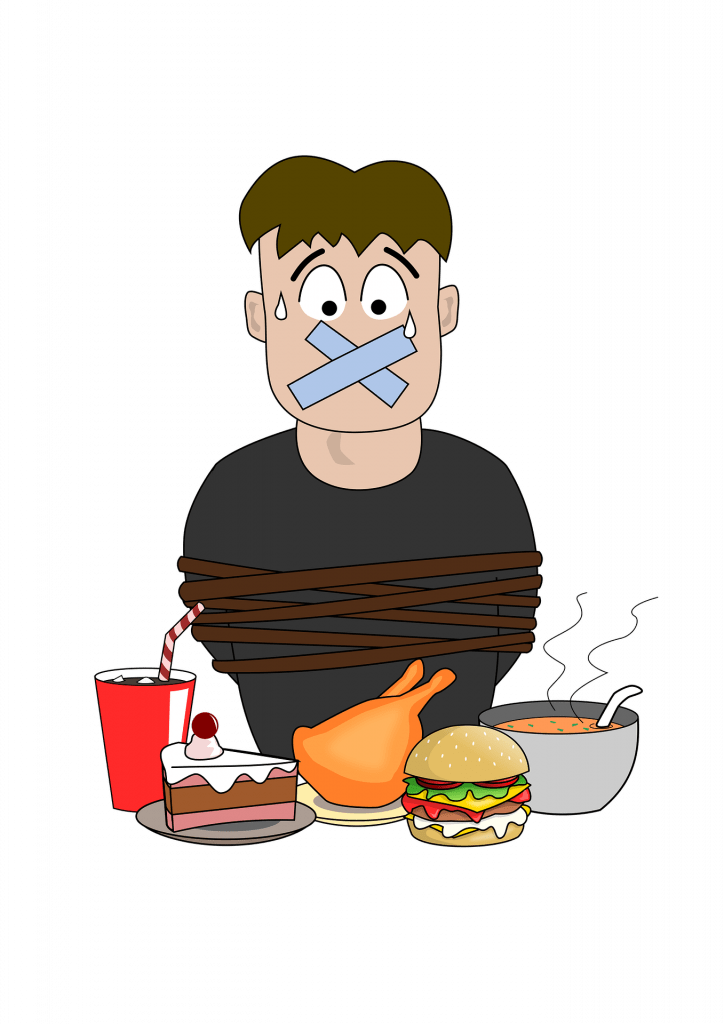
1 Pound Of Fat = 3,500 Calorie
In 1958, researcher Max Wishnofsky discovered that 3,500 calories were needed to equal one pound of body weight lost or gained. He made his decisions based on the science that was available at the time. Years later, his discovery has been referenced hundreds of times in academic articles and the media.
3,500 calories are contained in one pound of body fat, which is now virtually common knowledge. However, is it genuinely true? Let’s try to get knowledge.
We’re going to utilize values that are generally acceptable for this calculation. However, a few studies do find very few variations.
These figures suggest that a pound of body fat has 3,436 to 3,752 calories in total.
It’s important to keep in mind that the research used to derive these estimates is obsolete.
Only 72% of the body’s fat tissue, according to some studies, is made up of fat. Different forms of body fat may also include different amounts of fat.

Anyone who has attempted to reduce weight or gone on a diet in the preceding 30 years was frequently given advice along these lines: “Around 3500 calories are found in one pound of fat. You may achieve a weekly deficit of 3500 calories by drastically reducing your daily calorie intake by 500 (500 calories/day x 7 days = 3500 calories). 52 pounds will be lost in a year if you lose a pound each week.
It seems to be rather simple. The arithmetic is correct since a pound of fat contains about 3500 calories. This style of thinking is incorrect, though, for a variety of reasons.
The first thing to remember is that losing weight changes metabolism. For instance, a sedentary, 250-pound man with a height and weight of 5 feet 8 inches, who is actually 40 years old, requires roughly 2400 calories per day to maintain his weight (on average). His goal is to go back to the 190 pounds that he weighed before he started eating poorly and became inactive. Assume that this guy initially takes in 1900 calories per day. He should theoretically lose a pound per week for a time.
Let’s imagine he has lost 40 pounds, making him roughly 210 pounds in total. Now that he has gained weight, his body needs roughly 2100 calories per day to maintain that weight. If he continues to follow the same strategy, he won’t lose one entire pound every week.
At this point, a lot of individuals become upset and either abandon the changes they’ve made or entirely change their approach. They can still be moving toward their objectives, albeit more slowly than before; they are merely unaware of it. It’s okay, that. Even with little adjustments, patience is essential for starting and continuing weight reduction. It’s possible that plateaus themselves are essential to the process.
In this case, gradually lowering calories until you reach a restricted amount (in the previous example, let’s say 1400 calories) is erroneous. You will ultimately reach a point when your body, which is now starving, starts to take energy from muscle tissue and noticeably lowers metabolism if you carry on in this manner. You set yourself up for future weight gain and weight cycling, which is harmful to your health.
It is fine to lose weight gradually since it allows you to make lifestyle adjustments you can keep up with rather than leaving you wondering what to do when you can no longer starve yourself.

The National Institute of Health has developed a more precise weight loss simulator that takes metabolic changes into account and offers feedback if you set goals that are too lofty for you to accomplish within a specific time period. There isn’t a perfect model, but there also isn’t one.
Additional issues with attempting to adhere to the 3500 calorie limit for weight reduction include:
Miscalculation of calories Although there is more nutrition information available than ever before, it is still quite difficult to determine portions and calorie counts with any level of accuracy. In studies, people frequently underestimate their caloric consumption. When we consider the calories burned during activity, which can be hard to accurately quantify, this situation becomes much worse.
The base is unreliable. A person who has been gaining weight may only be able to maintain their weight or gain weight more gradually than previously if they cut their daily caloric consumption by 500.
Not everyone needs or wants to keep track of their calories. There are alternative weight-loss strategies than regular calorie tracking. In truth, calorie counting may be time-consuming, and complicated, and can promote unhealthy levels of anxiety and perfectionism around eating. Many individuals actually perform better on diets without it.






